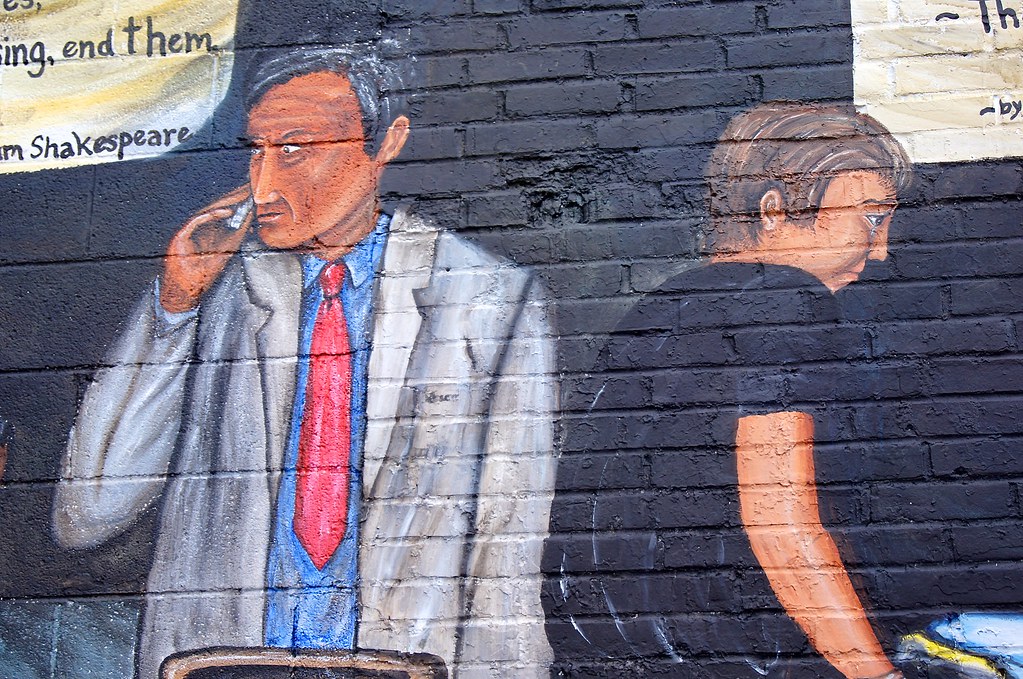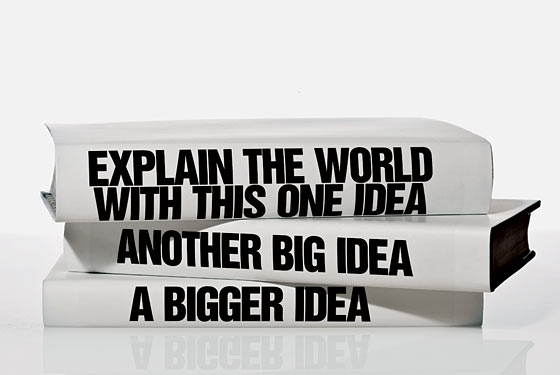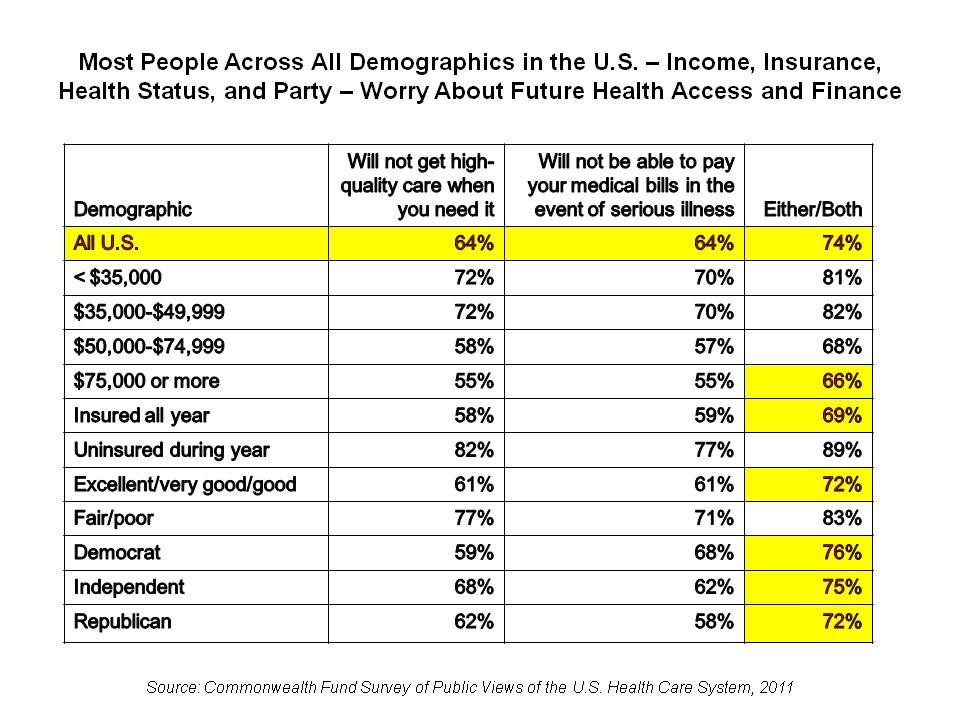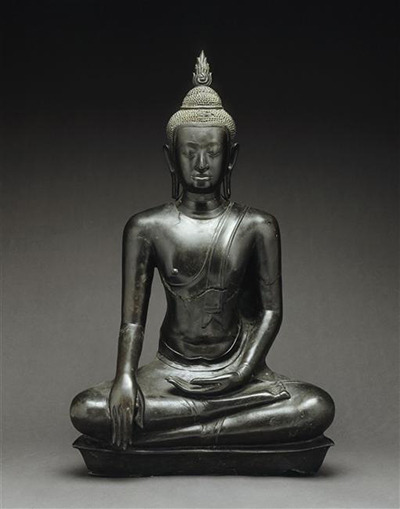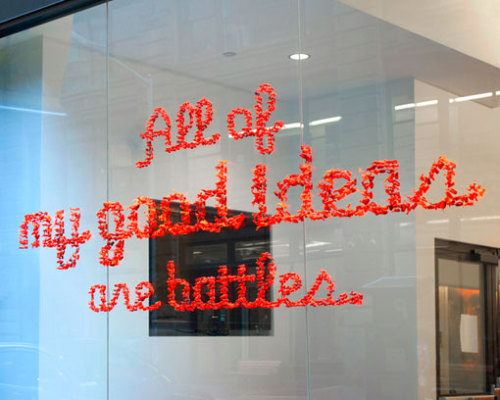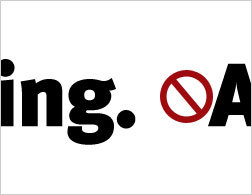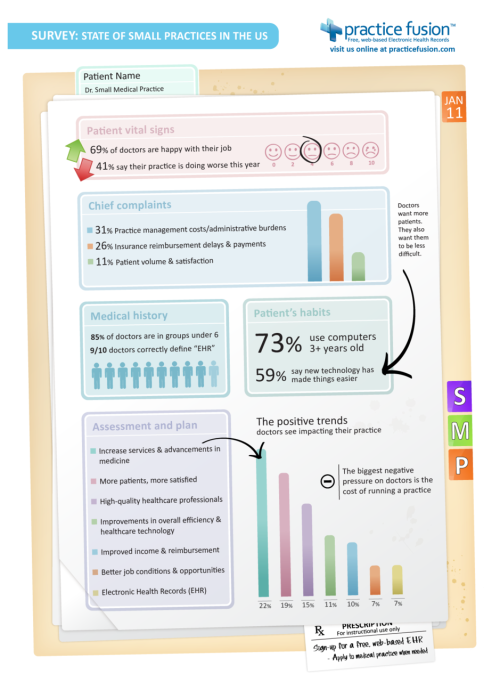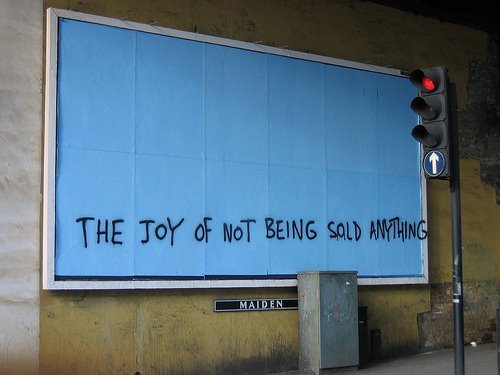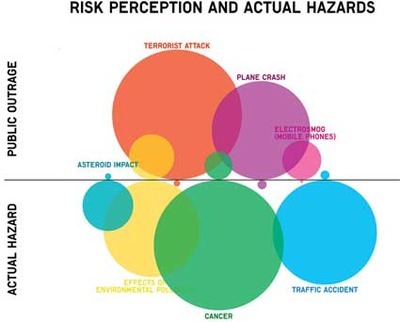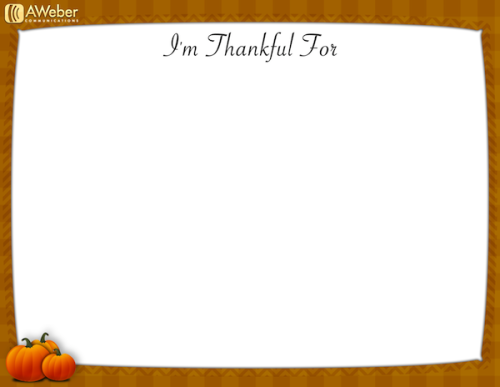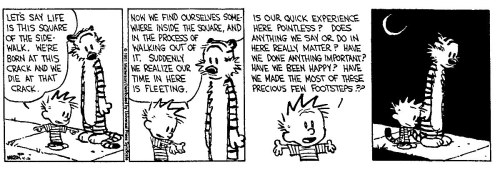"Life, except for the obvious physical needs, is not so much defined by the external situation as by the inner one. Having money won’t change your internal makeup. If you’re an anxious sonofabitch without money, you’re going to be an anxious sonofabitch with a lot of money."
Money, or the lack thereof, brings out the real you. Stickler, freewheeler, bragger, hoarder, hider, straggler, whatever your personality might be is what personality you have with money. The link between money and happiness is much more uncertain than with money and personality. It's the not the personal earning, but the personal growing, changing and evolving that will change someone's relationship with money.
I've been learning a lot about my personal relationship with money and how closely it's associated with my philosophy of life. I don't much like what I'm discovering. The strong correlation just means I guide my life around its accumulation. It's not just currency, it's my value system. And I'm working on changing that.
The strongest influences are people who's value systems define their currency. For example, some people believe strongly in the value of relationships. We all might think we do, but we mostly hang out with similar socio-economic groups, lots of us make friends up the ladder, and marriage-wise, misunderstanding about financial issues is always among the top 3 reasons for divorce. People who truly value relationships deal in a different currency. For them, social capital may be important; how many friends you know that you can rely on, the level of trust you've garnered with your partner, etc. They're trading and bartering on a social exchange rate.
Other people have value systems surrounding creativity. They deal in the currency of art, originality and aesthetic. Regardless of money or power or social capital, they're motivated and drawn to what moves them visually or musically. It's something unseen, but felt at their core.
I'm learning these different currencies, which seem so new to me, but have been around forever. Everything is intrinsically linked to money, but it doesn't have to be the guiding force or value system that drives us. It's the byproduct that lets us be more ourselves, whatever that personality might be. In a capitalist system, all of us are susceptible to being caught in an accumulation cycle and it's when we stop and assess our personality, values and motivations that we can truly begin to grow and change our relationship with money, and happiness.
